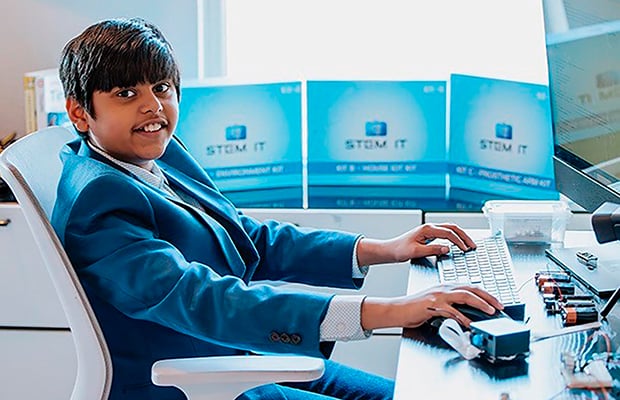Can you imagine your life without plastic? That means no computer, no mobile phone. no car and a whole lot of other stuff we’ve come to consider basic necessities. It sounds a nearly impossible task, in this day and age, but a family in Austria has proven it can be done. Sandra Krautwaschl, from a village near Graz, Austria, has recently written a book called “Plastickfrei Zone” (Plastic-Free Zone) in which she tells the story of how she and her family started living a life without plastic.
It all began in the summer of 2009, when during a vacation in Croatia, Sandra was surprised how often her three children asked where all of the trash on the beach came from. This made her think harder about how plastic really affects our world. Although recycling works very well in Austria, it’s not as effective in other parts of the world, so the petroleum-made material ends up clogging up landfills and polluting the environment. The 40-year-old physical therapist realized that as long as we keep buying products made of or wrapped in plastic, we’re just contributing to the problem. Then, shortly after she returned from Croatia, Sandra saw the documentary “Plastic Planet”, and learned how toxic plastic is for our planet.

Photo: Sandra Krautwaschl
According to the film , made, by Austrian filmmaker Werner Boote, it takes hundreds of years for plastic to break down, but we produce around 240 million tons of it every year polluting the soil and oceans and poisoning ourselves with carcinogens in the process. Krautwaschl also learned plastic was made from petroleum, a non-renewable resource, using energy-intensive production methods which also affected the environment. “It was the last straw and I was really outraged,” Sandra told Spiegel Online. “And I thought: ‘It can’t go on like this any longer.'”

Photo: Sandra Krautwaschl
The Krautwaschl-Rabensteiners decided to try and live a normal life without plastic, for a short period of time, to see if it could be done. Only what started as a month-long experiment eventually turned into a way of life. The first thing they did was try to eliminate all plastic objects from their home, in Eisbach. The front cover of Sandra’s book is a photo of her family surrounded by all their plastic possessions in front of their house. It says a lot about how important a role plastic has in our everyday lives. Next, they had to find alternatives, starting with wooden-handle toothbrushes, metal milk canisters, and food packaged in metal, paper or glass. They admit this radical change was difficult at first, and required ample research, but it also altered their entire shopping philosophy, in that they learned to stop and think if they really needed a product before buying it.

Photo: Sandra Krautwaschl
Probably the toughest hurdle to overcome in their transition to a plastic-free lifestyle was replacing plastic-wrapped toilet paper. First the kids suggested they use old newspapers, but that proved somewhat problematic, so they tried switching to tree leaves, but that didn’t work out very well either. Finally, they discovered recycled paper towels, used by many hotels and restaurants. They’re just as good as toilet paper, come wrapped in paper and can be purchased in bulk, to save money.

Photo: Sandra Krautwaschl
“Some people believe we’re living like it’s the Stone Age, but it’s not like that,” Sandra says. “Life has just become a bit simpler, quieter and more comfortable.” The Krautwaschl-Rabensteiners soon realized they couldn’t really live a life completely without plastic, because even the stuff made of metal and glass often has a bit of plastic in it, but they just learned to limit their use of the petroleum-made material to a minimum. They still use electronics and necessities like bike helmets, but share a car with another family, and try to buy second-hand products whenever they need something made with plastic.
“People who are as prosperous as we are can afford to think about these things, and often they can make a change,” Sandra Krautwaschl concludes. She and her family managed to reduce their plastic consumption to “almost nothing”. proving it can indeed be done.
If the German language isn’t a problem, you can check out the Krautwaschl-Rabensteiners’ site on life without plastic.






